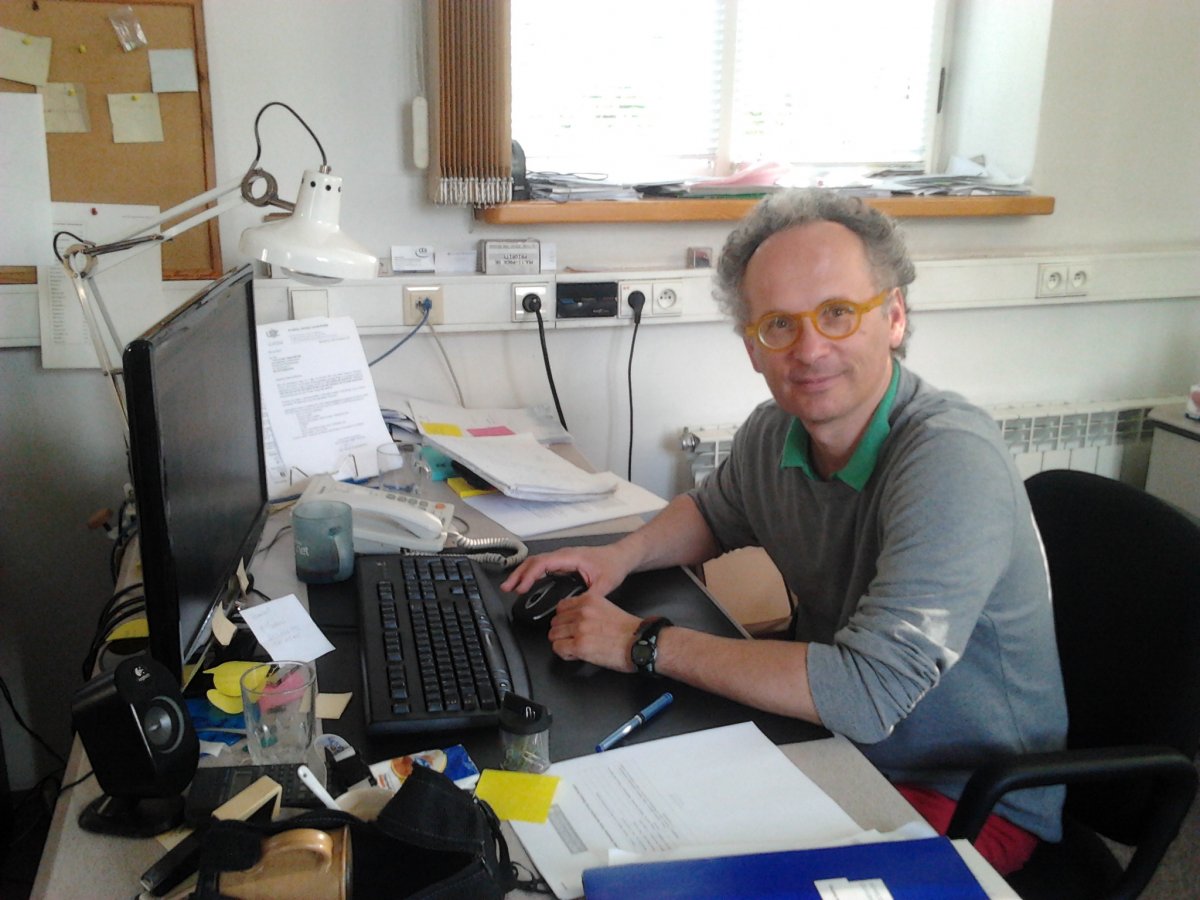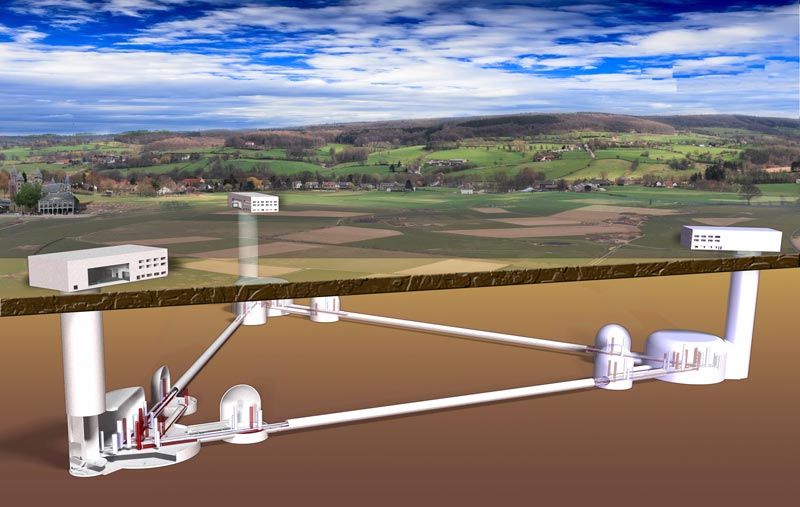It is our pleasure to announce that the international research project “Networking and R&D for the Einstein Telescope”, led by prof. Tomasz Bulik from the University of Warsaw, has been awarded funding in a call issued by the NCN together with the ASPERA-2 consortium.
The project has a vital place in preparatory works for the construction of the Einstein Telescope − an observatory that will enable scientists to detect gravitational waves at a heretofore unprecedented level of sensitivity. This will facilitate research on the structure and properties of astrophysical sources and the fundamentals of gravitational waves as well as the geometry, dynamics and evolution of the Universe.
The research to be carried out in this project requires the collaboration of scientists with expertise in different fields, such as astronomy, astrophysics, engineering and statistics, working in research centres all over the world. The international research consortium for the Einstein Telescope, directed by prof. Harald Lück from Leibniz Universität Hannover is composed of research teams from France, Holland, Germany, Russia, Hungary, the United Kingdom, Italy and Poland. The Polish project, coordinated by prof. Bulik, has brought together researchers from the University of Warsaw, Warsaw University of Technology, the University of Zielona Góra, the University of Bialystok, and two units of the Polish Academy of Sciences: the Institute of Mathematics and the Nicolaus Copernicus Astronomical Center.
The main objective of the Polish contribution in the project is the examination of the astrophysical sources of gravitational waves and the extent to which the Einstein Telescope can prove useful in putting to test the general relativity theory. Moreover, the endeavours of the Polish team will serve to determine the best location for the telescope which has to be built at a place with the least seismic noise. In order to reduce the impact of noise on the detectors, the researchers will also work toward a system for seismic noise measurement and compensation. The results obtained by the team will ensure the optimal site choice for the observatory.

Prof. Tomasz Bulik

construction of the Einstein Telescope
